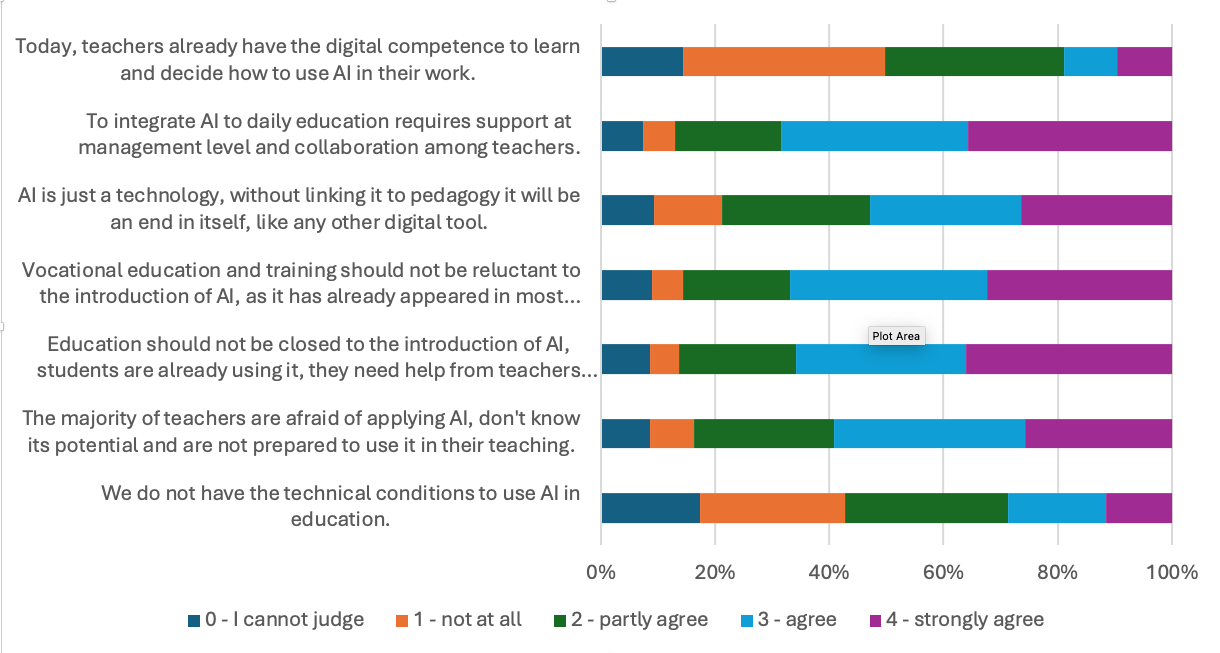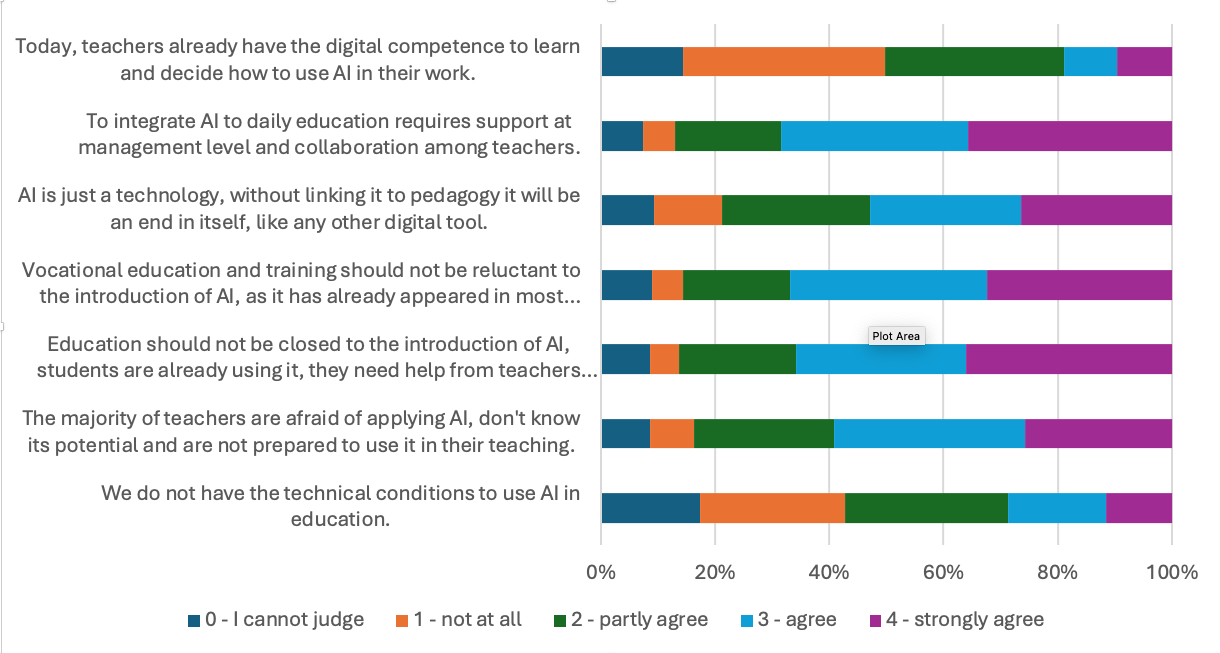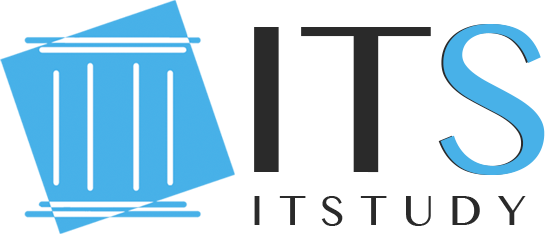EE-VET: Improving the efficiency and attractiveness of vocational education/training of electricians
The shift to clean and energy efficient technologies is key to achieving the EU's climate policy goals.
By optimising energy consumption and reducing energy losses, the installation of buildings has less impact on the environment.
The implementation of energy-efficient technologies in the electrical installation of buildings and the green switchover requires skilled and trained professionals.
EuropeOn predicts that to meet the 2030 climate targets, Europe will need as many skilled electricians as it takes to install 3,000 solar panels, 1,000 electric vehicle chargers and 15,000 heat pumps every day.
Skilled workers are therefore urgently needed to improve the energy efficiency of buildings. In this context, the project aims to develop the skills and competences of current and future electricians in the field of energy efficiency of building electrics, and thus help the European electrical industry to overcome the shortage of qualified professionals.
To this end, we are developing a modern, online vocational training. Those who complete this training will be able to apply modern solutions to reduce energy consumption and CO2 emissions in buildings.
With the knowledge and competences acquired, electricians will be able to control building automation, monitor energy parameters and all building equipment.
The web-based training will also improve the digital competences of the students and their trainers.
The training modules will be published as open educational resources.
Project information
- Website: https://ee-vet.itstudy.hu/
- ID: 2021-1-DE02-KA220-VET-000029591
- Program: KA220-VET
- Type: Együttműködési partnerségek a szakképzésben
- Target groups: teachers and trainers in vocational schools
- Beneficiaries: students in vocational training
- Partner countries (and institutions): Germany (Social CRM Research Center e. V. – coordinator; Schnellkraft Personalmanagement GmbH), Hungary (iTStudy Hungary Számítástechnikai Oktató- és Kutatóközpont Kft.), Latvia (Rēzeknes Tehnoloģiju akadēmija), Bulgaria (European Center for Education, Science and Innovation), Lithuania (Alytaus profesinio rengimo centras)
- Start: 01.11.2021.
- Duration: 24 months

Project news
The project starts in September of 2025. We share here the results of our preliminary research in 2024 aimed to get clear evidence, that there is a strong need for guiding vocational teachers to understand the basic concepts of artificial intelligence and to equip them with the knowledge and skills to effectively integrate artificial intelligence (AI) into their teaching.
As part of the proposal development process, the project partnership conducted an online survey to assess vocational teachers' readiness, attitudes, and needs related to the integration of Artificial Intelligence (AI) in education.
Survey period: 17–23 July 2024 Platform: EU Survey portal Sample size: 269 valid responses Countries represented: Hungary (29.89%), Italy (35.06%), Spain (21.77%), Lithuania (12.18%) Gender distribution: 56.83% female, 42.44% male Educational background: 68.27% held a master’s degree (MSc), but only 9.96% had vocational qualifications Teaching experience: 73% had over 11 years of experience |
The primary objective of the survey was to validate the following preliminary assumptions:
Vocational teachers often face uncertainty and hold misconceptions about AI.
Teachers acknowledge the increasing importance of AI in the labor market and recognize the need to adapt accordingly.
Although students are already engaging with AI technologies, many teachers feel unprepared to incorporate them into their teaching practices.
Educators show a willingness to adopt AI in the classroom but require targeted professional development to do so effectively.

MAIN CONCLUSIONS
Teachers expressed both optimism and caution regarding AI’s role in education. While 43% agreed that AI is essential for the labor market, over 50% believed that most teachers are not yet prepared to integrate AI into their classrooms. Furthermore, teachers stressed that effective AI integration requires managerial support and teacher collaboration.
The survey results clearly justify the relevance of the project’s aims, confirming that vocational teachers need targeted support to understand and apply AI in their teaching and that there is strong interest in student-centered, AI-integrated methodologies aligned with labor market demands.
More details in the document: Secondary School Teachers' Attitudes Toward AI Integration in Teaching - Survey across four European countries.
Information: maria.hartyanyi@itstudy.hu
